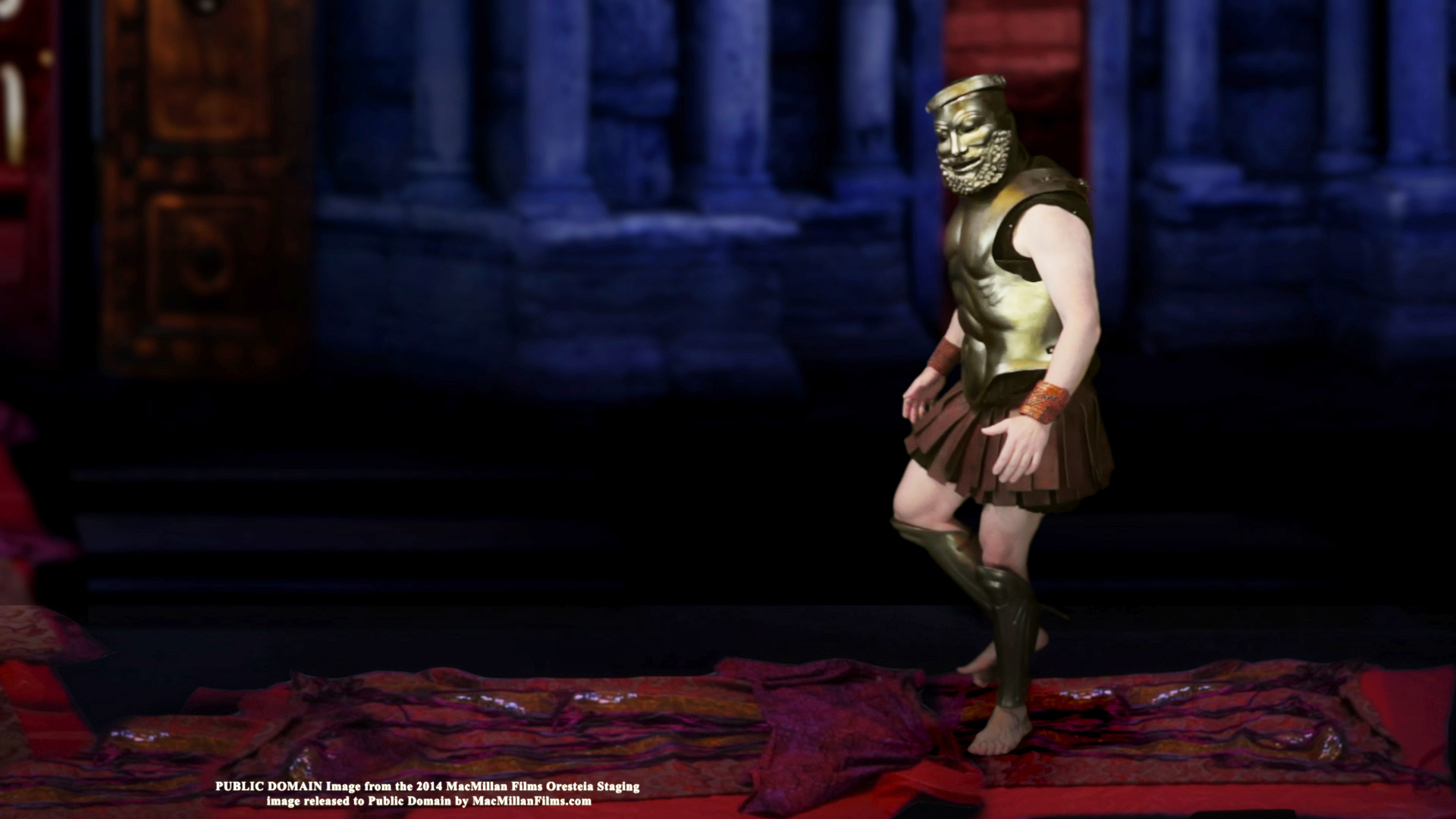|
Agamemnon (Aeschylus)
The ''Oresteia'' ( grc, Ὀρέστεια) is a trilogy of Greek tragedy, Greek tragedies written by Aeschylus in the 5th century BCE, concerning the murder of Agamemnon by Clytemnestra, the murder of Clytemnestra by Orestes, the trial of Orestes, the end of the curse on the House of Atreus and the pacification of the Erinyes. The trilogy—consisting of ''Oresteia#Agamemnon, Agamemnon'' (), ''Oresteia#The Libation Bearers, The Libation Bearers'' (), and ''Oresteia#The Eumenides, The Eumenides'' ()—also shows how the Greek gods interacted with the characters and influenced their decisions pertaining to events and disputes. The only extant example of an ancient Greece, ancient Greek theatre trilogy, the ''Oresteia'' won first prize at the Dionysia festival in 458 BCE. The principal themes of the trilogy include the contrast between revenge and justice, as well as the transition from personal Feud, vendetta to organized litigation. ''Oresteia'' originally included a satyr play, '' ... [...More Info...] [...Related Items...] OR: [Wikipedia] [Google] [Baidu] |
Aeschylus
Aeschylus (, ; grc-gre, Αἰσχύλος ; c. 525/524 – c. 456/455 BC) was an ancient Greek tragedian, and is often described as the father of tragedy. Academic knowledge of the genre begins with his work, and understanding of earlier Greek tragedy is largely based on inferences made from reading his surviving plays. According to Aristotle, he expanded the number of characters in the theatre and allowed conflict among them. Formerly, characters interacted only with the chorus.The remnant of a commemorative inscription, dated to the 3rd century BC, lists four, possibly eight, dramatic poets (probably including Choerilus, Phrynichus, and Pratinas) who had won tragic victories at the Dionysia before Aeschylus had. Thespis was traditionally regarded the inventor of tragedy. According to another tradition, tragedy was established in Athens in the late 530s BC, but that may simply reflect an absence of records. Major innovations in dramatic form, credited to Aeschylus by Aristotle ... [...More Info...] [...Related Items...] OR: [Wikipedia] [Google] [Baidu] |

